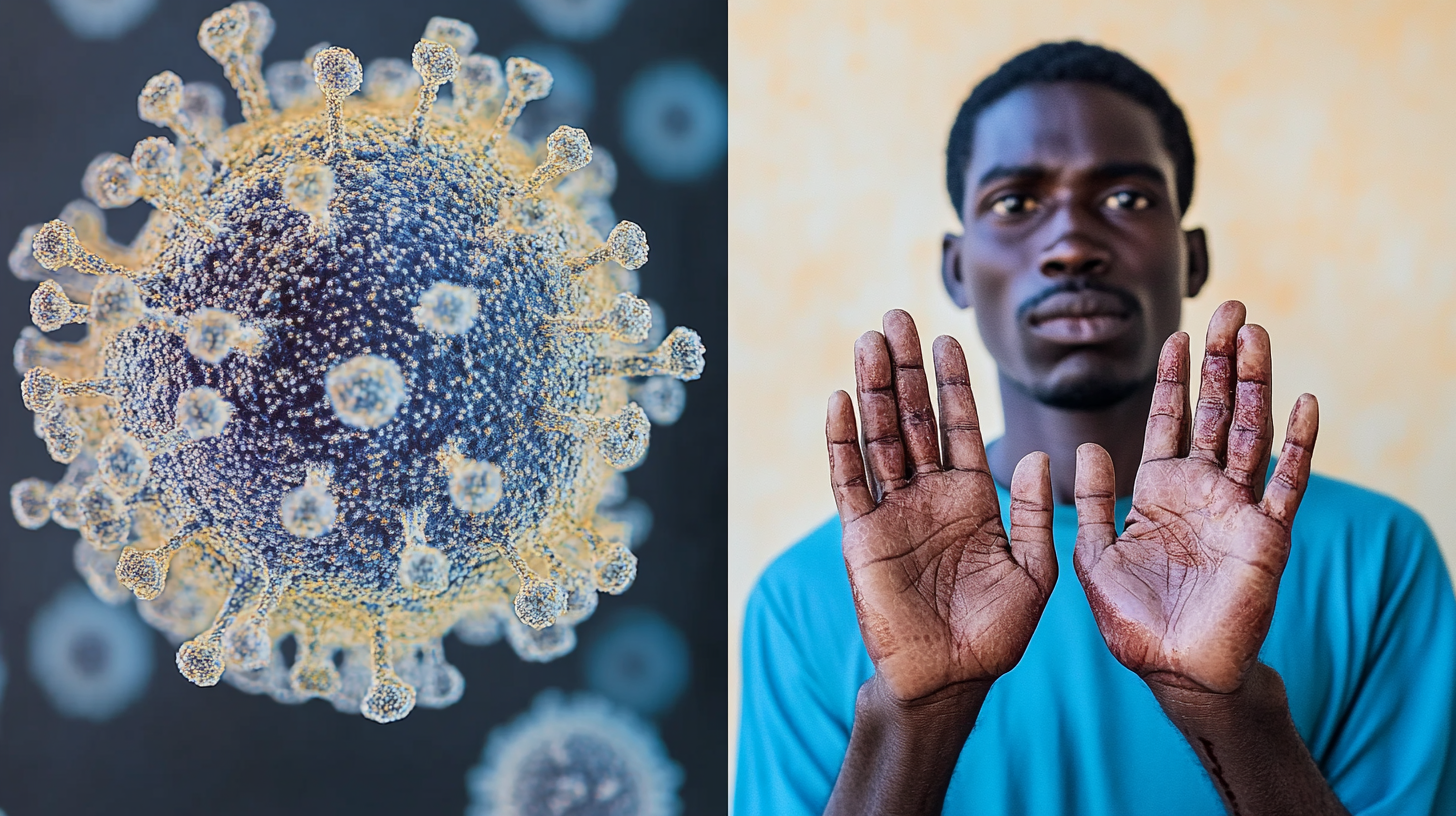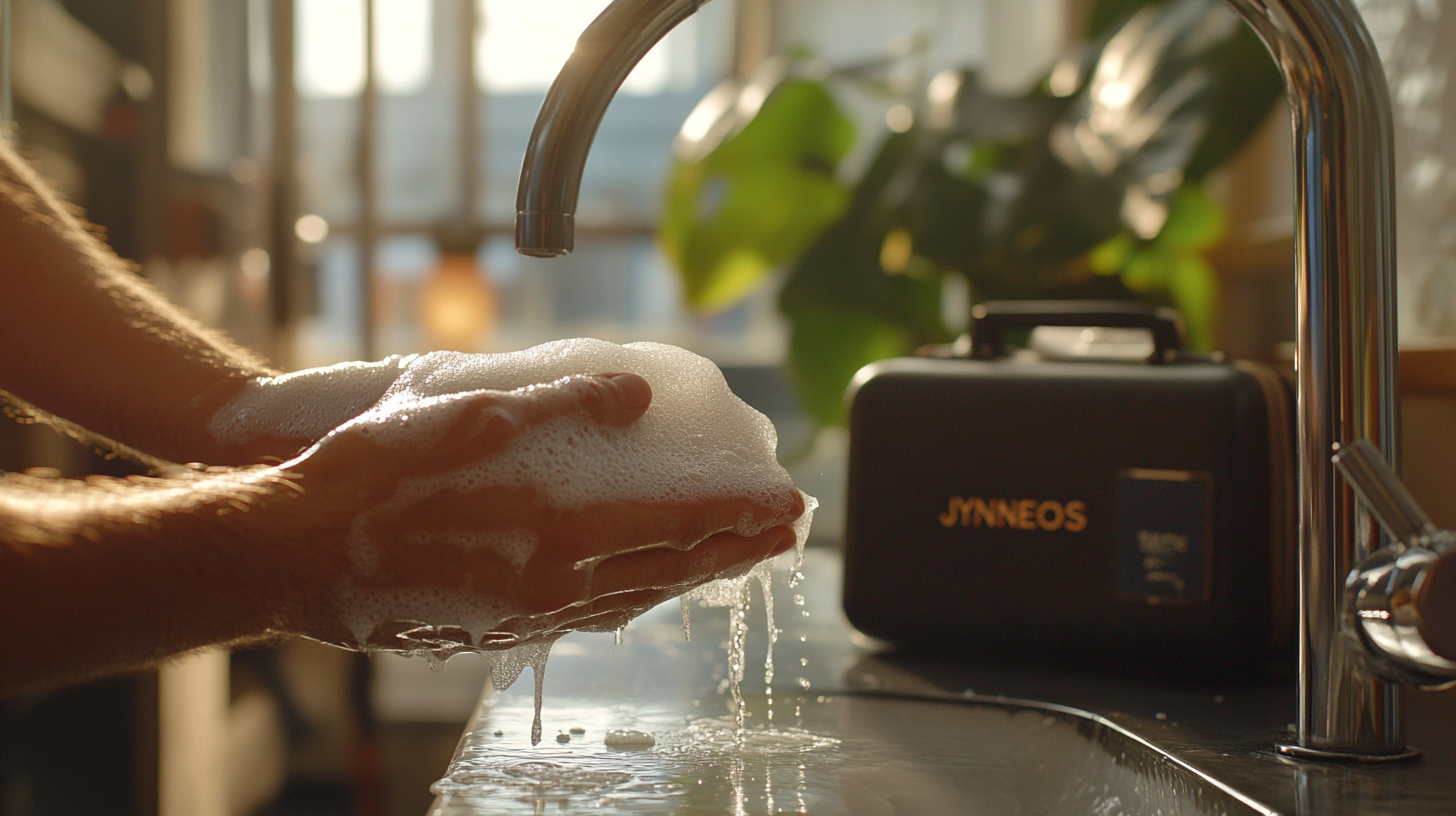If you've been following the news lately, you might have noticed a concerning rise in mpox cases in California. After the global outbreak in 2022, many of us thought we had seen the last of this virus. However, recent reports show that mpox is making a comeback, and it's important to understand what’s happening and how to protect yourself. In this article, we’ll dive into FIVE key facts about the mpox situation in California, focusing on what’s driving this surge, who’s most at risk, and what you can do to stay safe.

What Is Mpox and Why Is It Surging Again?
Understanding Mpox

Why Is Mpox Surging Again?
After a significant decline in cases post-2022, California is now seeing a resurgence of mpox cases in 2024. This time, the outbreak is linked to Clade I of the virus—a more severe strain that has been spreading in parts of Africa such as the Democratic Republic of Congo and Uganda.
Unlike Clade II (which was responsible for the 2022 outbreak), Clade I has a higher fatality rate and may be transmitted through more casual forms of contact.The current surge is thought to be driven by several factors:

Who’s Most at Risk?
High-Risk Groups
While anyone can catch mpox through close contact with an infected person or contaminated objects, certain groups are more vulnerable during this surge:
- Sexually active individuals: Especially those engaging in high-risk behaviors or who have multiple partners.
- Healthcare workers: Due to their proximity to infected individuals.
- Immunocompromised people: Those with weakened immune systems are more likely to experience severe symptoms.
- Children and household contacts: Although rare in previous outbreaks, Clade I has shown a tendency to spread within households and affect younger populations.
How Does Mpox Spread?
Mpox spreads primarily through direct contact with bodily fluids or lesions from an infected person. This can happen during intimate physical contact (such as sex), but it can also occur through less direct means like sharing bedding or clothing with someone who has mpox.
In some cases, respiratory droplets from prolonged face-to-face contact can also transmit the virus.The Centers for Disease Control and Prevention (CDC) notes that casual contact—such as during travel—is unlikely to pose significant risks for transmission. However, high-risk individuals should still take precautions during this surge.

Symptoms You Should Watch For
Early Signs
- Fever
- Chills
- Muscle aches
- Fatigue
- Headache
The Rash
- Face
- Hands
- Feet
- Chest
- Genitals
How Is Mpox Treated?
No Specific Cure Yet

Available Treatments
- Tecovirimat (TPOXX): This antiviral drug has been used successfully to treat severe cases of mpox.
- Vaccinia immune globulin (VIG-IV): This antibody treatment may be an option for some patients who are unable to receive other treatments.

Vaccination

California Mpox Cases - How Can You Protect Yourself?
Practical Steps for Staying Safe
Whether you’re part of a high-risk group or simply want to stay informed during this surge, there are several steps you can take to protect yourself from mpox:
- Get vaccinated if eligible: If you're part of a high-risk group (like sexually active gay or bisexual men), getting vaccinated with JYNNEOS is your best defense against mpox.
- Practice good hygiene: Wash your hands frequently with soap and water—especially after touching shared surfaces or objects.
- Avoid close contact with infected individuals: If someone you know has been diagnosed with mpox or shows symptoms like a rash or flu-like illness, avoid physical contact until they’ve fully recovered.
- Be cautious when traveling: Since this surge is linked to international travel from regions experiencing outbreaks (like Eastern Africa), it’s wise to stay informed about travel advisories and avoid high-risk areas if possible.
- Monitor your health: If you develop any symptoms associated with mpox—especially a rash—contact your healthcare provider immediately for guidance on testing and treatment options.

Addressing Common Concerns

California Mpox Cases - Conclusion
Remember: prevention is always better than cure! Whether it’s getting vaccinated if you’re eligible or simply practicing good hygiene habits, every small action counts when it comes to stopping the spread of mpox.
Stay safe out there—and don’t hesitate to reach out to your healthcare provider if you have any questions or concerns about your health!

